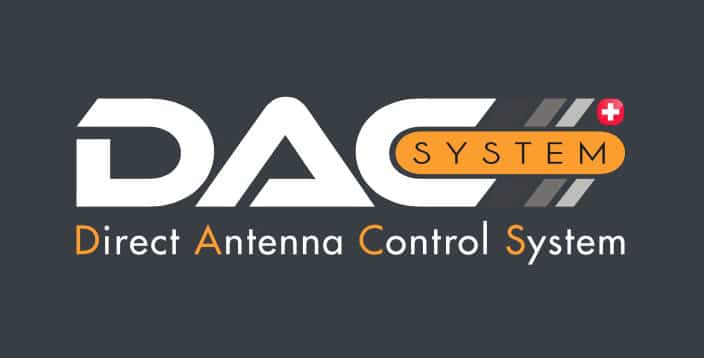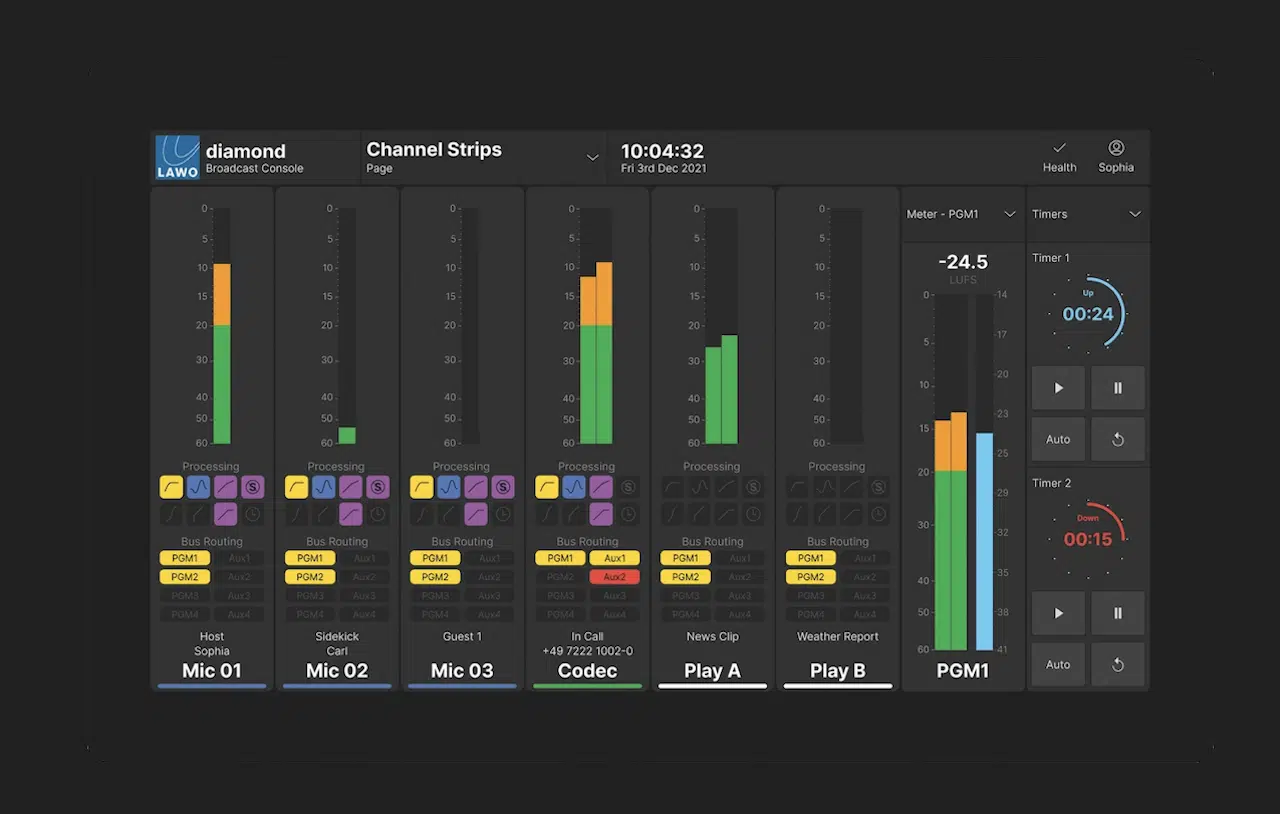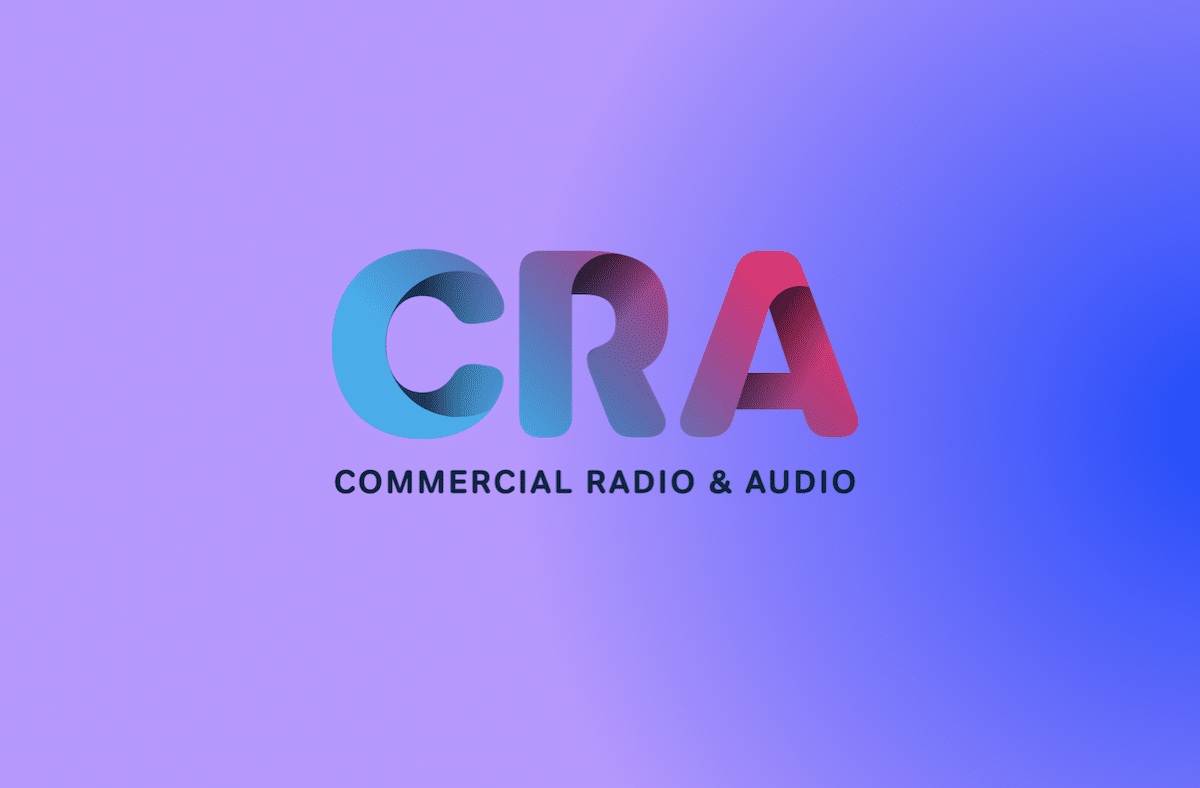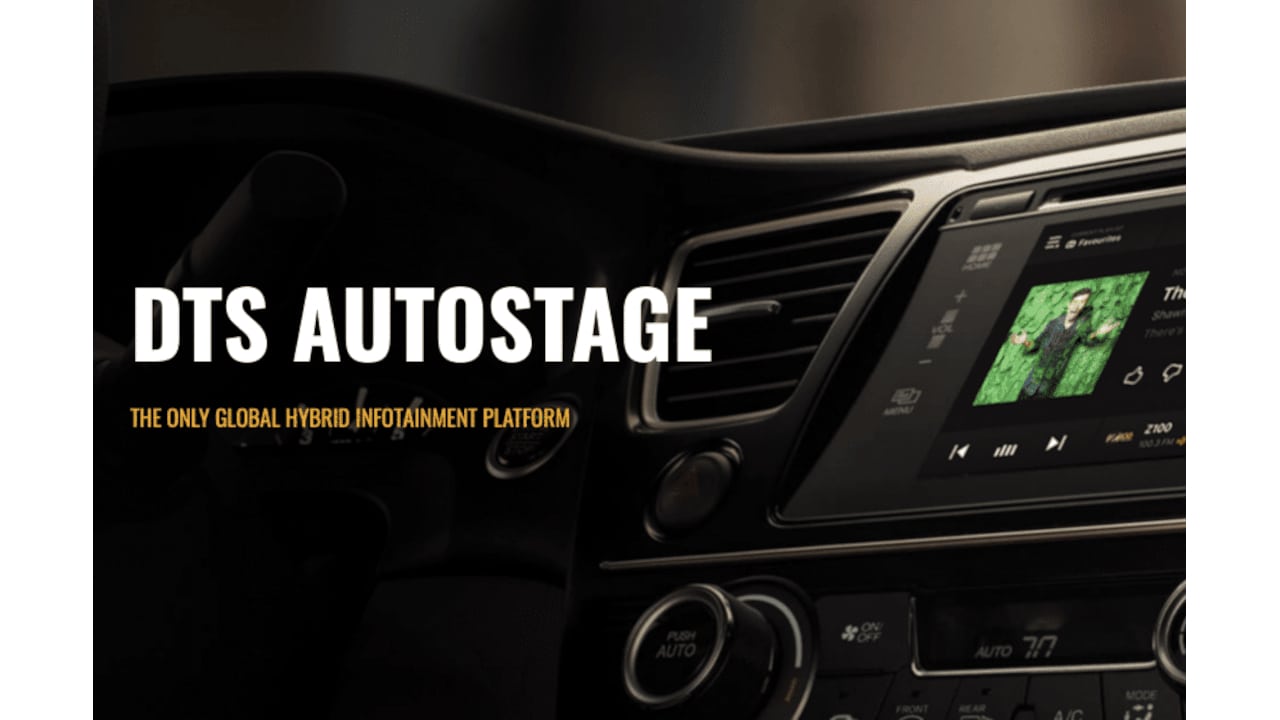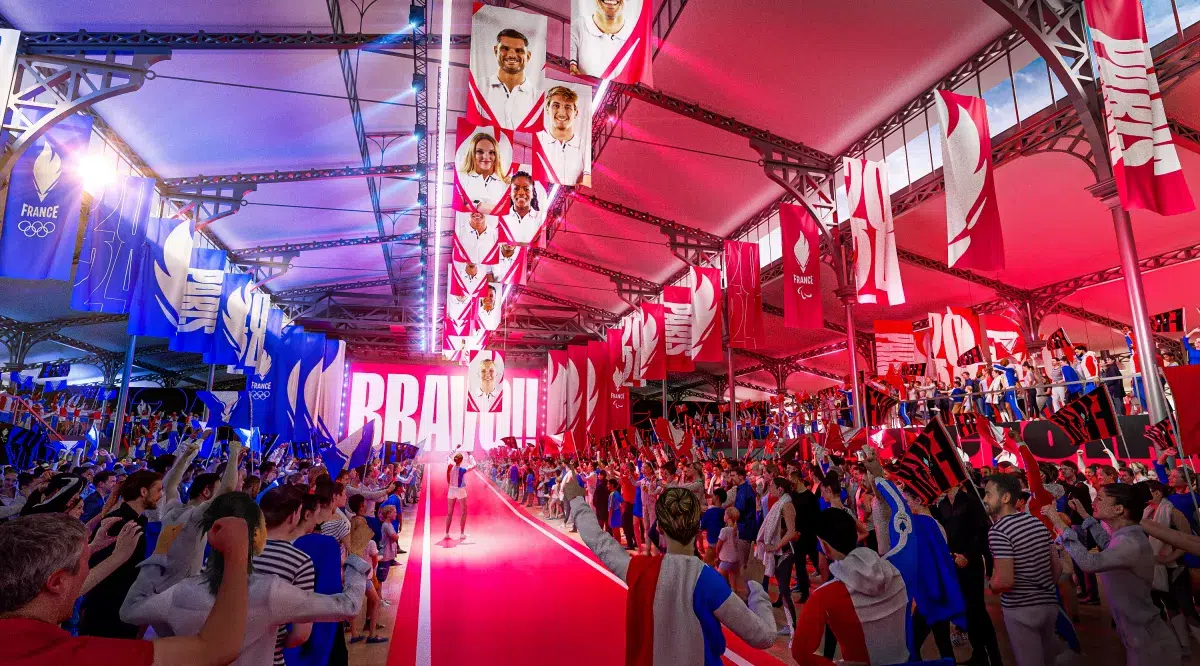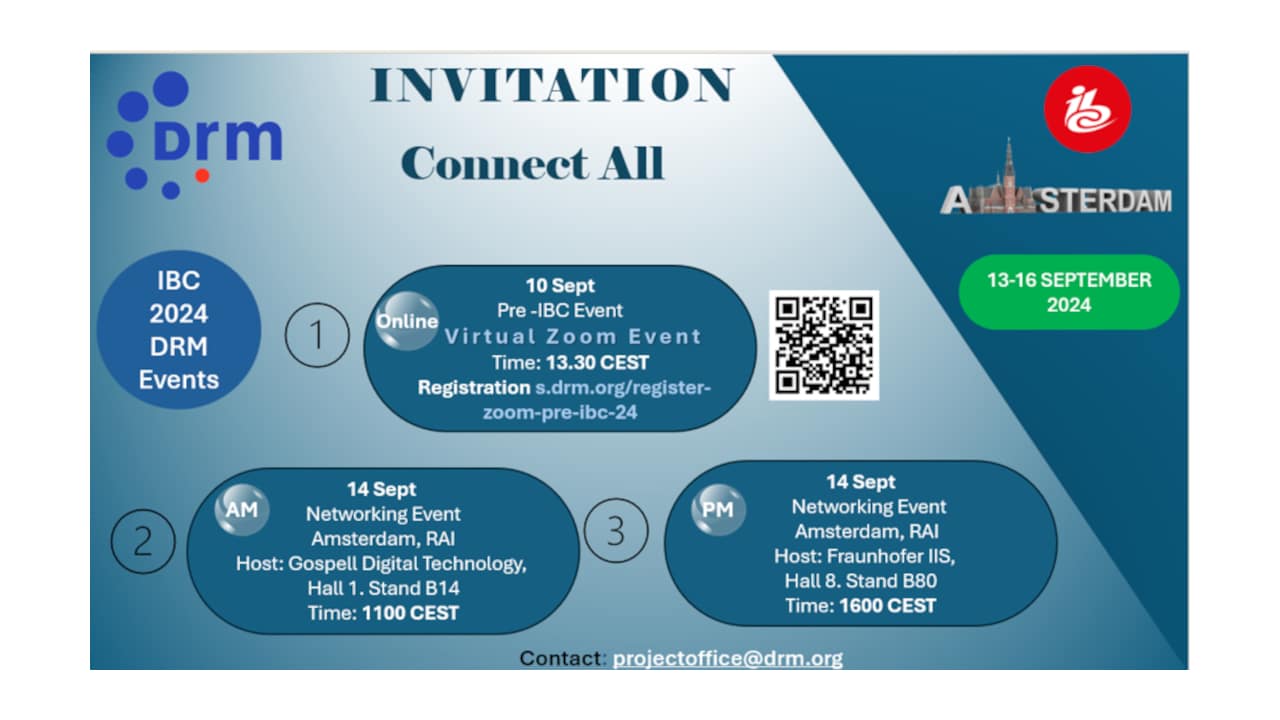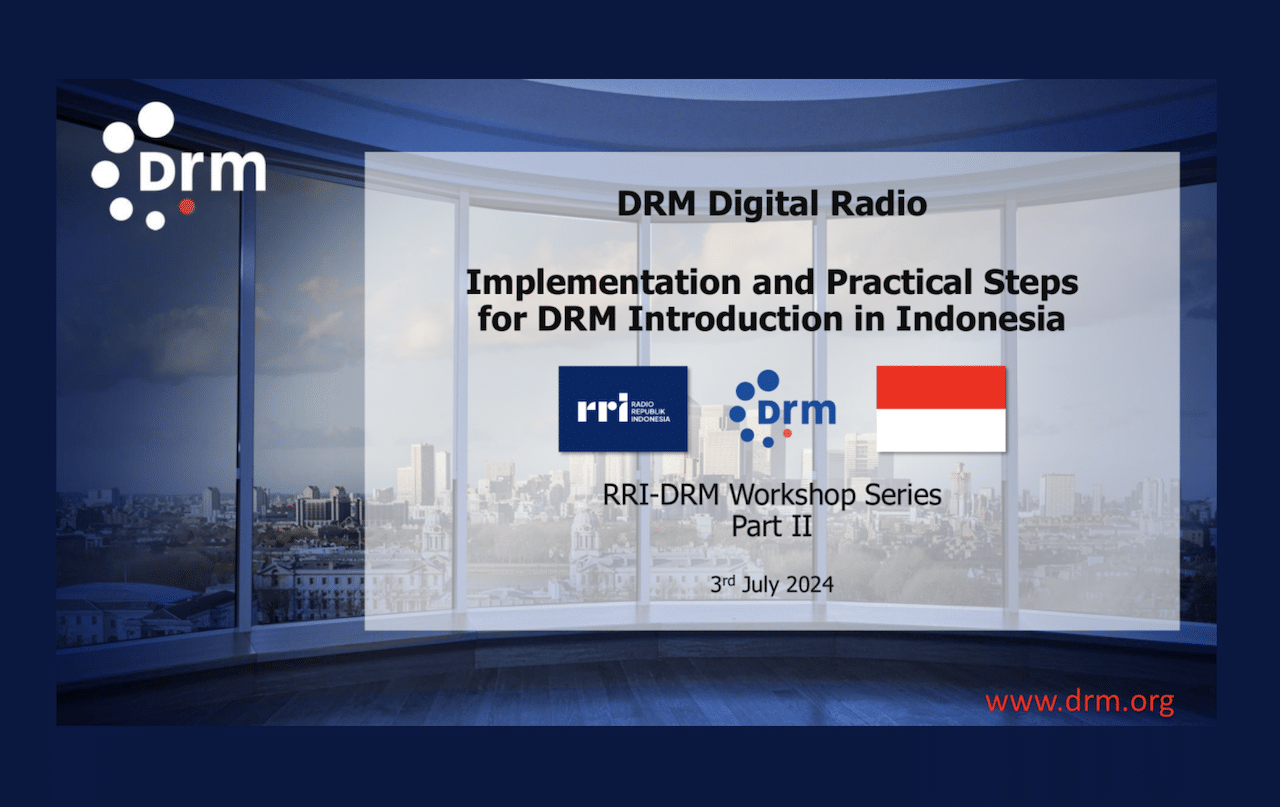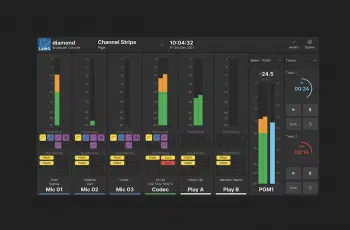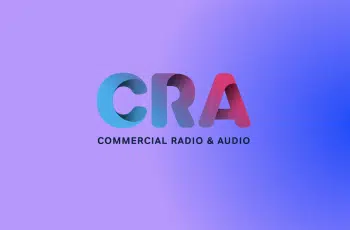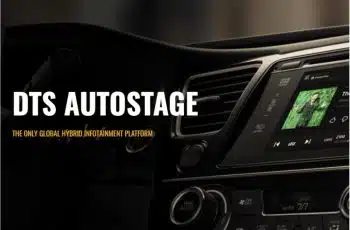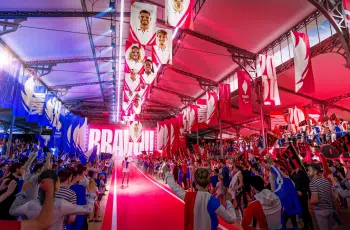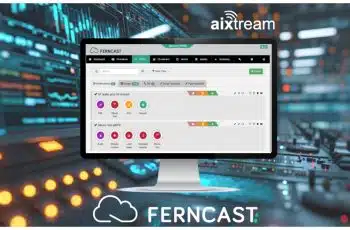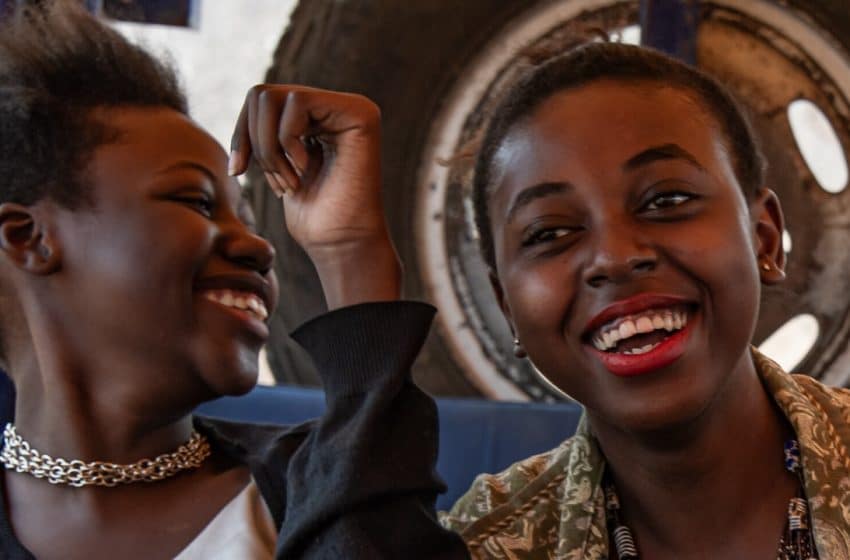
LONDON — In a Feb. 19 article in the British paper The Guardian, Nana Akufo-Addo, the president of Ghana and Jakaya Kikwete, the former president of Tanzania and chair of the board of directors of the Global Partnership for Education, make a compelling argument about why the African Union year of education 2024 should finance quality education. As 40% of Africans are under 15, education needs to equip African children with the knowledge and skills necessary to succeed in the world’s youngest and fastest-growing continent.
Covid was a time of regress for education in Africa, and while textbooks, cassettes and laptops were used to partially fill the gap, one tool that can and should be used for universal access is radio.
Radio — still an important tool for education
Radio has a proven track record as a powerful mass media tool, capable of shaping public opinion and driving social change. Radio is still the most popular media platform on the continent. By exploiting the benefits of radio and digital radio, educational initiatives can communicate key messages to users at low cost.
With its unparalleled local, regional, national and international coverage opportunities, Digital Radio Mondiale offers a platform with universal reach. It penetrates even the most remote areas where traditional education infrastructure, including the Internet, struggles to reach.
The AU and many of the organizations pouring money into education or thinking to do so (as this is sometimes done haphazardly now) should use this open technology to ensure that educational resources can be disseminated to every corner of the continent, empowering even the most marginalized communities, some of which have no access to the Internet or even electricity.
This would align with the AU Theme of The Year 2024: “Educate and Skill Africa for the 21st Century” and its Agenda 2063, which recognizes the critical role of education in achieving sustainable development objectives.
It can also help address the SDG4 challenges — Africa faces significant challenges in achieving Sustainable Development Goal 4 regarding access to quality education and teacher shortages. According to UNESCO, Africa must recruit at least 15 million teachers by 2030 to address primary and secondary school shortages. We should make radio the invisible teacher and the lecturer for teacher training.
Why DRM for education in Africa?
Digital radio offers a viable solution to bridge these gaps, providing solutions that can simultaneously reach millions of learners while supporting teacher development initiatives.
The reasons for using digital radio for education on a grand scale are compelling. Digital radio offers a far more economical delivery solution than other forms of educational delivery. Once set up, broadcasting educational content is affordable to both the broadcaster and the user. The DRM Consortium is trying to prove this in its running project with a Gambian school.
Digital radio can play a crucial role in promoting gender equality in education by ensuring equitable access for girls and young women, especially in conflict and emergency contexts, addressing dangers faced by girls and women, and helping to mitigate the risk of gender-based violence, exploitation and early marriage. It is no mean feat when, according to the U.N., 110 million girls and young women will remain out of school in 2030.
This commitment to education using radio can ensure every child has access to quality education. Using the benefits of DRM digital radio for education and public messaging represents a “one-in-a-generation” chance to rethink traditional education models using a familiar and universally accessible technology.
DRM digital radio can accelerate Africa’s progress towards meeting sustainable development goals and fulfilling the AU’s and the authors’ ambition to unlock Africa’s potential.
The author is the Chairman of DRM.
Read more viewpoint articles
Xperi secures the in-car audio experience for radio broadcasters
Your studio and the broadcast engineering shortage
Podcast media: A renaissance for radio
Broadcast-associés: Ready to welcome media to Paris this summer!


